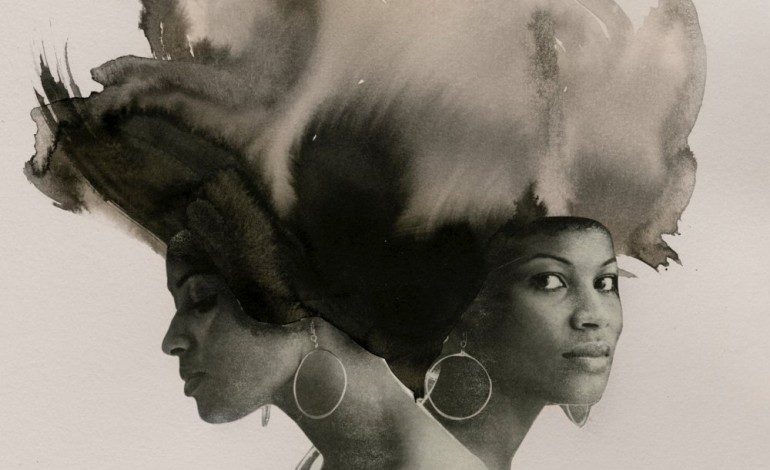

Common is Unafraid to Take a Stand with Fiercely Political Jazz-Rap
With Black America Again, Common adds yet another masterwork to America’s ever-increasing catalog of artfully and unapologetically black records. This is Common’s Black Messiah or A Seat at the Table, an energized reckoning with the current powers-that-be. And though released a week prior to the presidential election, the album’s prescience is a force that carries it even further today than it did before the masses chose to “make America great again.”
Black America Again is assuredly Common’s strongest work–thematically, lyrically and sonically–since 2005’s Be, a record produced almost entirely by a young Kanye West. Similarly, Black America Again is defined by the musical voice of one producer. However, rather than Mr. West, producer and musician Karriem Riggins takes the reins here, and the outcome is nothing short of superb.
A mainstay of the jazz and hip-hop community, Riggins is not afraid to live at the boundaries of the listener’s comfort zone. His command of the lilting drum feel first pioneered by J Dilla, who was a fellow Detroit native and a mentor, is uncanny; his use of harmonic surprise is clever enough to be captivating, yet subtle enough to be accessible. There is no doubt that this album is as much Riggins’ as it is Common’s, and the jazz background from which the former emerged paints the record with the hues of crumbling genre borders, self-united in the sound of various Black American Musics. Nicholas Payton would be proud.
Riggins is no newcomer to Common’s sonic world–their first collaboration dates back to 1997’s One Day It’ll All Make Sense, for which Riggins produced “Pop’s Rap, Pt. 2 / Fatherhood.” He also served as the drummer for Common’s touring band for years and returned to work on the various iterations of “Pop’s Rap” that were produced over Common’s career. But while Riggins has produced the occasional one-off deep cut (“The Hustle” in 2002, “Play Your Cards Right” in 2007), he has never before had such a monumental role in Common’s musical legacy as he does here with Black America Again. After the success of this effort, one can only hope that this is an artistic partnership that will continue.
Common has oft spoken of his affinity for jazz cadence. This likeness is evident in his lyrical output on Black America Again. Listen no further than “Pyramids,” a rhythmically unhinged track rooted in internal rhyme and a posthumous sample of Ol’ Dirty Bastard. His flow pulses with increasing fervor and agility, until Common finally devolves into a non-stop river of syncopated syllables (“I walk like an Egyptian to listen to conditions/envision a vision of what we wishing/I’ve been commissioned to de-prison the prism of your mind”). Additionally, Common proves himself to be the example of success in cultural reference. A technique that pervades the vast majority of contemporary hip-hop, few emcees deliver their metaphors with the craft and wit displayed on this record. Look no further than the gripping title track, “Black America Again,” in which Common unabashedly takes aim at the mainstream: from cinema (Viola Davis, Star Wars) to sports (Maria Sharapova).
This is not to say, though, that the record is flawless. “The Day Women Took Over,” while well-intentioned, is marred by what feels like a blurred vision of feminism. The cause is noble, but Common’s lyrics do nothing to break from the current convention of gender norms and generalizations–men are “opening doors and pulling out chairs again,” we are leaving “toilet seats down—that’s a no-brainer,” and healthcare is “paying for nails, jails and fill-ins.” Directly following this track is “Rain,” a song that sounds destined to be played over the speakers of a suburban Panera Bread. A blatant follow-up to 2014’s widely-acclaimed “Glory,” the song’s commercial sheen is only emphasized by the jazz-infused grit that surrounds it. Over tinkling pianos, Beatles-esque harmonies and mellow strings, John Legend croons about dreams of moving to the sunny West Coast and Common reins himself in thematically and rhythmically (“Dear Lord, is this what I’m destined for?/If so, then what am I stressin’ for?”).
However, foregoing these two misses, the album as a whole is a stunning feat. Another step in the continued progression of genre-bending, Black America Again is certainly a product of its time, and is one that ought to be remembered for years to come.
